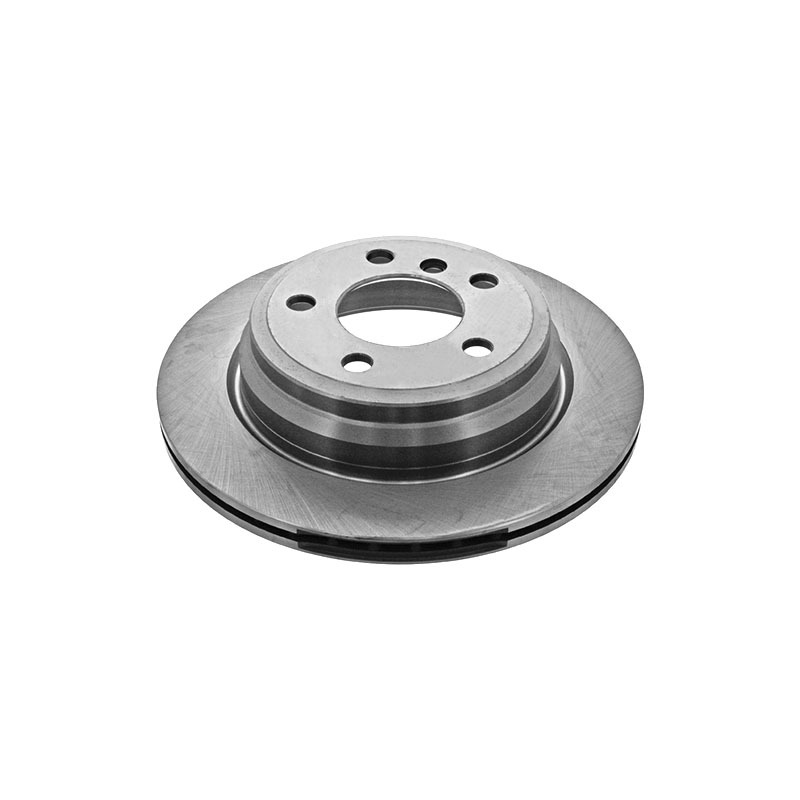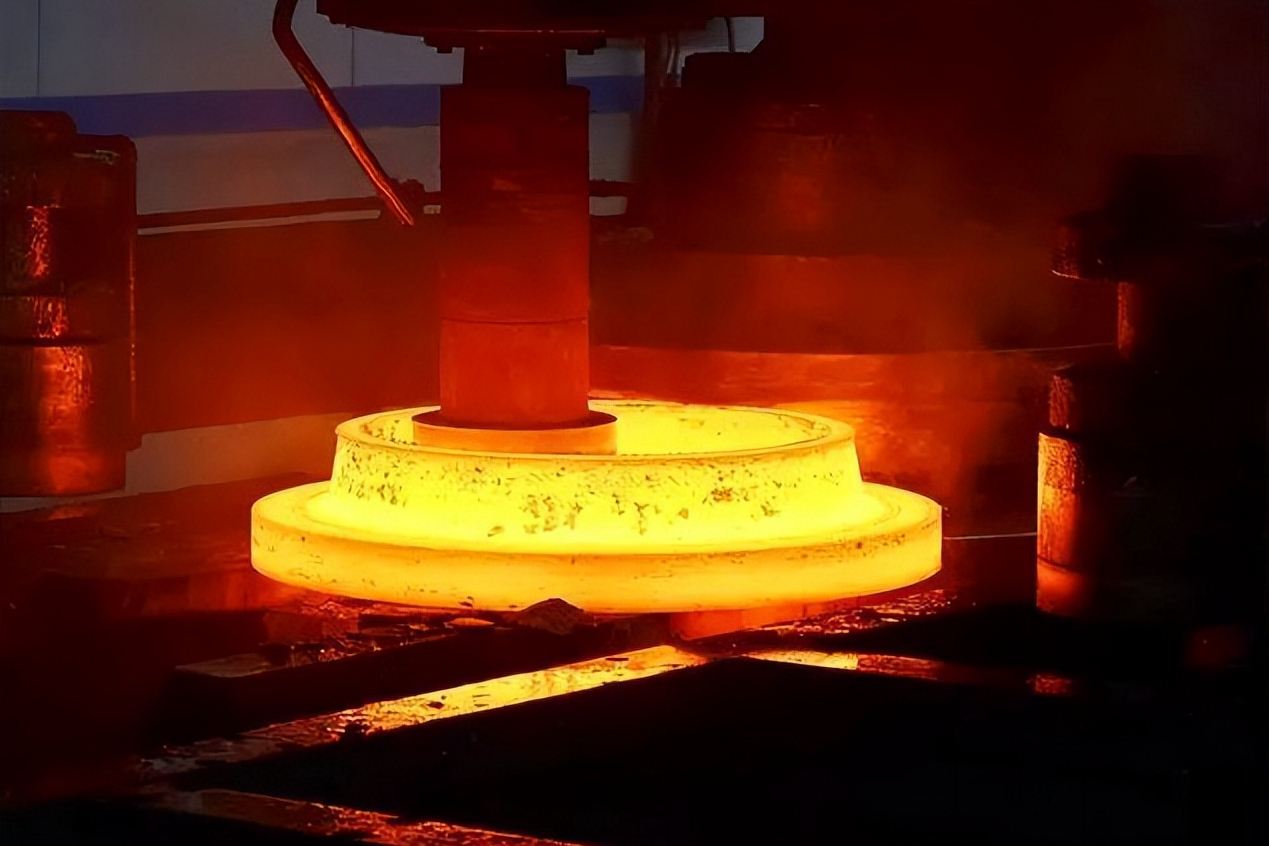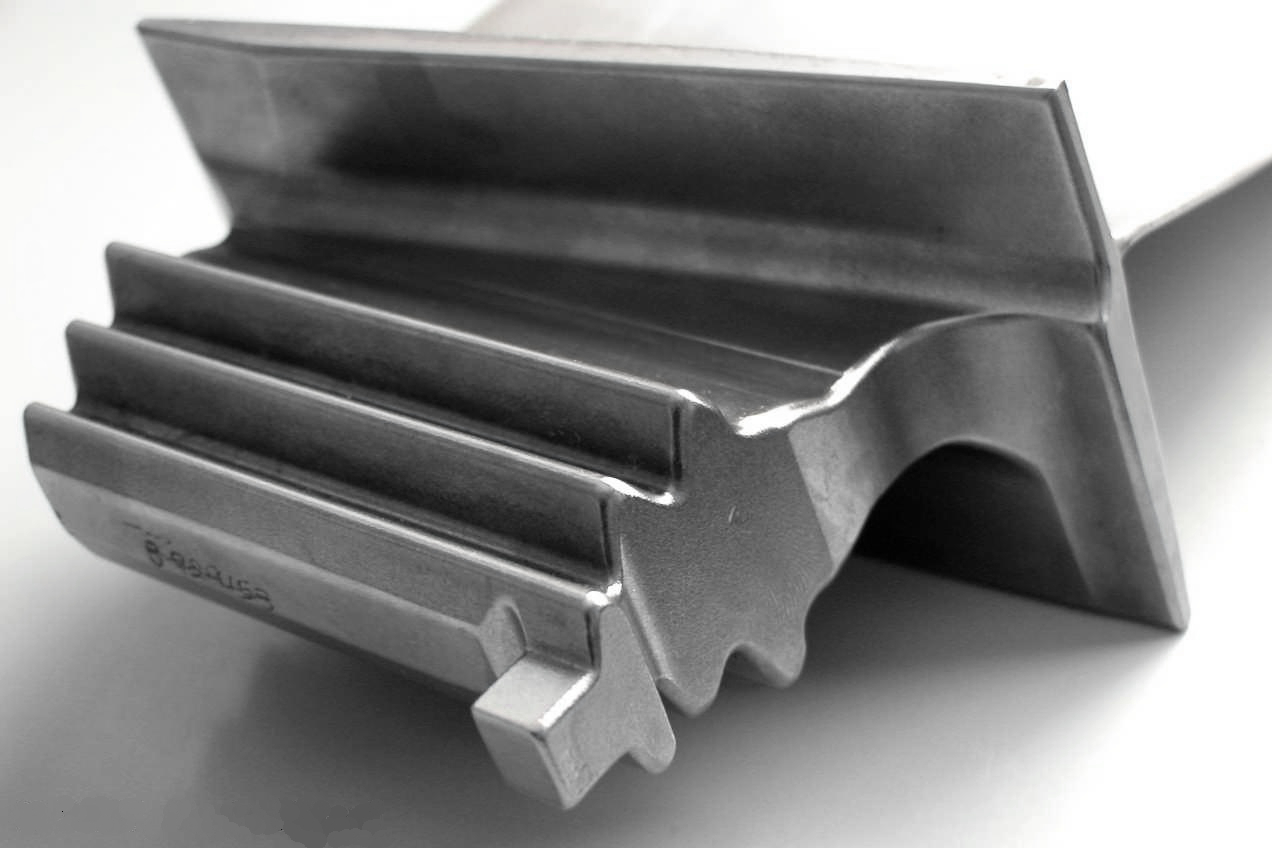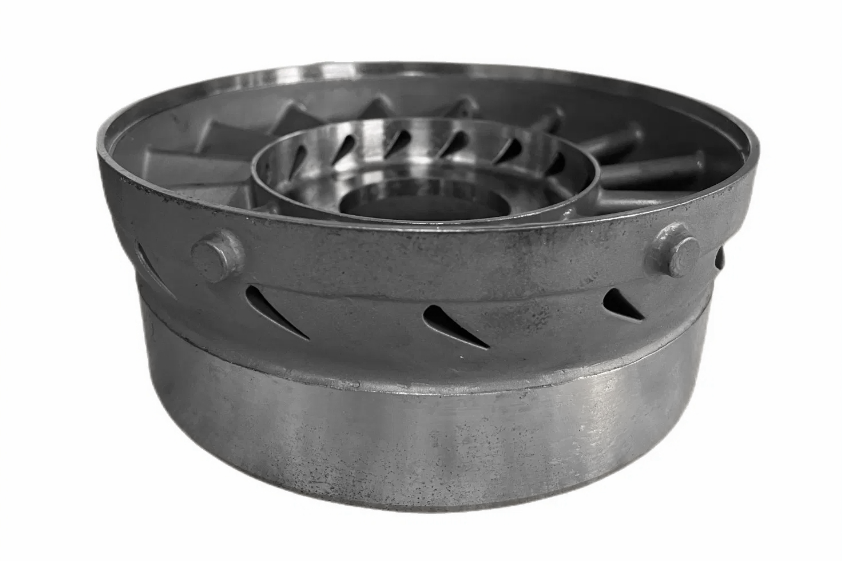Ti-10V-2Fe-3Al
About Ti-10V-2Fe-3Al Superalloy
Name and Equivalent Name
Ti-10V-2Fe-3Al, also known as Titanium Grade 19, corresponds to UNS R56410. It meets ASTM B348 and F468 standards, AMS 4982, and DIN/EN 3.7195. This alloy is renowned for its high tensile strength, excellent fatigue resistance, and suitability in aerospace applications.
Ti-10V-2Fe-3Al Basic Introduction
Ti-10V-2Fe-3Al is a high-strength beta titanium alloy designed for components subjected to cyclic stress and fatigue. Its superior strength and lightweight properties make it an optimal choice for aerospace parts, including landing gear and airframes.
The alloy exhibits excellent performance at temperatures up to 350°C, making it highly reliable in thermal cycling conditions. Ti-10V-2Fe-3Al offers enhanced fatigue resistance and service life, ensuring high reliability in demanding environments such as the aerospace and automotive industries.

Alternative Superalloys of Ti-10V-2Fe-3Al
Ti-6Al-4V is a standard alternative offering better weldability but lower tensile strength. Ti-5Al-5V-5Mo-3Cr provides improved high-temperature performance, though at a higher cost.
Inconel 718 offers better oxidation resistance but at a heavier weight. Ti-3Al-8V-6Cr-4Mo-4Zr provides excellent corrosion resistance, making it suitable for marine applications, though it sacrifices some fatigue strength.
Ti-10V-2Fe-3Al Design Intention
The primary design intention of Ti-10V-2Fe-3Al is to offer superior fatigue resistance and high tensile strength, especially for aerospace components that experience repetitive loads. The alloy’s lightweight characteristics and exceptional durability make it ideal for landing gear, control surfaces, and structural applications.
Adding iron and aluminum enhances the alloy’s mechanical properties, ensuring stability under cyclic stress and extending service life. Ti-10V-2Fe-3Al is developed for use in both aerospace and automotive sectors, ensuring high performance and reliability under extreme conditions.
Ti-10V-2Fe-3Al Chemical Composition
The chemical composition of Ti-10V-2Fe-3Al ensures high mechanical performance and fatigue resistance.
Element | Content (wt%) |
|---|---|
Aluminum (Al) | 2.5 – 3.5 |
Vanadium (V) | 9.0 – 11.0 |
Iron (Fe) | 0.3 – 0.7 |
Molybdenum (Mo) | 2.5 – 3.5 |
Ti-10V-2Fe-3Al Physical Properties
Ti-10V-2Fe-3Al offers excellent mechanical stability and fatigue strength.
Property | Value |
|---|---|
Density | 4.64 g/cm³ |
Melting Point | 1660°C |
Thermal Conductivity | 6.9 W/(m·K) |
Elastic Modulus | ~114 GPa |
Metallographic Structure of Ti-10V-2Fe-3Al Superalloy
Ti-10V-2Fe-3Al is a beta titanium alloy known for its stable microstructure, enabling high strength and fatigue performance. The microstructure consists of a fine beta-phase matrix, contributing to its high tensile strength and resistance to cyclic stress.
This structure ensures the alloy maintains mechanical stability over long service periods, even under elevated temperatures and repeated loading. Adding vanadium and iron enhances the alloy’s fatigue properties, making it suitable for aerospace components subjected to continuous stress cycles.
Ti-10V-2Fe-3Al Mechanical Properties
Ti-10V-2Fe-3Al is designed for superior mechanical performance.
Property | Value |
|---|---|
Tensile Strength | 1030 – 1070 MPa |
Yield Strength | ~930 MPa |
Hardness | 30 – 35 HRC |
Elongation | ~15% |
Key Features of Ti-10V-2Fe-3Al Superalloy
High Fatigue Strength Ti-10V-2Fe-3Al offers exceptional fatigue strength, making it ideal for aerospace applications involving cyclic loads.
Superior Tensile Strength With tensile strength exceeding 1000 MPa, this alloy provides robust performance under high stress.
Thermal Stability The alloy performs reliably at temperatures up to 350°C, ensuring durability in thermal environments.
Lightweight and Durable Ti-10V-2Fe-3Al offers a high strength-to-weight ratio, reducing weight without compromising performance.
Extended Service Life Its resistance to fatigue and cyclic stress extends the lifespan of components, making it suitable for long-term use in the aerospace and automotive industries.
Ti-10V-2Fe-3Al Superalloy’s Machinability
Vacuum Investment Casting
Ti-10V-2Fe-3Al is generally not recommended for Vacuum Investment Casting due to its complex composition and higher beta-phase content, which makes precision casting challenging compared to traditional titanium alloys.
Single Crystal Casting
This alloy is not used for Single Crystal Casting as it lacks the specific directional solidification properties required for single-crystal structures.
Equiaxed Crystal Casting
Ti-10V-2Fe-3Al is unsuitable for Equiaxed Crystal casting since this alloy's primary application is to form high-strength beta-titanium parts through forging and machining rather than casting.
Directional Casting
This alloy is incompatible with Superalloy Directional Casting since its beta-phase microstructure is optimized for mechanical strength through hot working techniques, not casting.
Powder Metallurgy Turbine Disc
Ti-10V-2Fe-3Al is not a standard choice for Powder Metallurgy Turbine Disc production due to its better performance when hot-worked rather than consolidated from powder.
Precision Forging
Ti-10V-2Fe-3Al is well-suited for Superalloy Precision Forging due to its excellent mechanical properties, including fatigue resistance and strength at elevated temperatures, making it ideal for aerospace structural components.
Superalloy 3D Printing
While Superalloy 3D Printing is gaining traction for titanium alloys, Ti-10V-2Fe-3Al’s properties are more efficiently utilized in forged or CNC-machined forms.
CNC Machining
Ti-10V-2Fe-3Al is a prime candidate for CNC Machining due to its machinability and mechanical stability, ensuring precision and long-lasting parts in aerospace applications.
Superalloy Welding
This alloy can be used in Superalloy Welding with proper techniques, though pre- and post-weld treatments are necessary to maintain mechanical properties.
Hot Isostatic Pressing (HIP)
Ti-10V-2Fe-3Al responds well to Hot Isostatic Pressing (HIP), which can help improve material density and mechanical properties for demanding applications.
Ti-10V-2Fe-3Al Superalloy Applications
Aerospace and Aviation
Ti-10V-2Fe-3Al is ideal for Aerospace and Aviation, especially for aircraft landing gears, structural components, and airframes due to its high strength and fatigue resistance.
Power Generation
This alloy is limited in power generation but can be employed in components requiring high strength and reliability under stress.
Oil and Gas
Ti-10V-2Fe-3Al is used in Oil and Gas equipment, such as high-pressure valves, where fatigue resistance and durability are essential.
Energy
In the Energy sector, the alloy is used for components exposed to cyclic stress, enhancing operational reliability.
Marine
Ti-10V-2Fe-3Al is applicable in marine environments for parts that need corrosion resistance and high mechanical strength under cyclic loads.
Mining
This alloy is used in Mining for high-performance equipment subjected to cyclic stresses and wear.
Automotive
Ti-10V-2Fe-3Al has applications in Automotive industries, especially in performance vehicles, where lightweight and strength are prioritized.
Chemical Processing
The alloy is suitable for Chemical Processing equipment due to its corrosion resistance and high mechanical stability.
Pharmaceutical and Food
Ti-10V-2Fe-3Al is occasionally used in Pharmaceutical and Food industries where corrosion resistance and lightweight properties are beneficial.
Military and Defense
In Military and Defense, Ti-10V-2Fe-3Al is valued for its fatigue strength and durability in mission-critical components.
Nuclear
The alloy finds limited use in Nuclear applications, mainly where high strength and stability are needed under harsh conditions.
When to Choose Ti-10V-2Fe-3Al Superalloy
Ti-10V-2Fe-3Al should be chosen for applications requiring high strength, fatigue resistance, and lightweight characteristics. It is most suitable for aerospace components such as landing gears and airframes. Its excellent mechanical properties make it ideal for custom superalloy parts subjected to cyclic stress, ensuring a long operational life in demanding environments. The alloy is also appropriate for automotive and defense applications, where performance and reliability are critical.
For precise applications, custom superalloy parts made from Ti-10V-2Fe-3Al can provide enhanced performance through precision forging or CNC machining tailored to the industry's specific needs.




